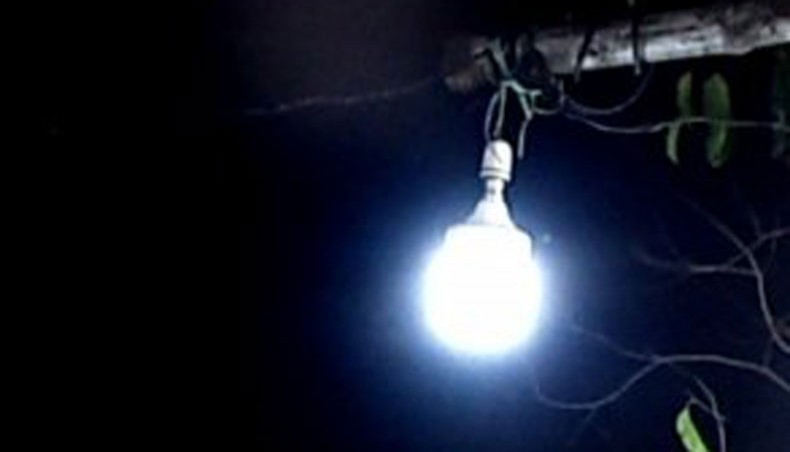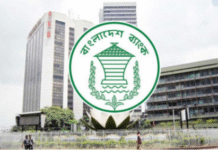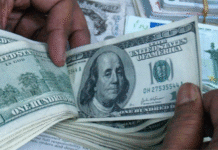
The government’s move to increase power prices in March was criticised by economists on Tuesday as an illogical move against the backdrop of flawed power generation policy and capacity charge payments.
Consumers, who have already been overburdened with almost double-digit inflation over the past two years, will be pressed further by the domino effects of the move, said economists.
M Shamsul Alam, energy adviser to the Consumers Association of Bangladesh, said that consumers were paying the penalty for a lack of transparency and accountability in the overall energy sector that benefited vested groups and power exporters from a neighbouring country.
On Tuesday, state minister for power, energy, and mineral resources Nasrul Hamid announced a 70 paisa power price hike next month.
The government said that the move was imperative to reduce subsidy ballooning over the past two years due to a hike in the cost of power production.
The growing production costs have resulted in huge arrears to power producers, especially to private groups, and forced the government to seek a $4.7 billion loan from the International Monetary Fund.
Reducing power subsidy is one of the major conditions for the IMF to disburse the remaining five of the seven tranches by May 2026.
The government is hiding the actual reasons, said economist Anu Muhammad, while referring to the capacity payment issue and the mismatch in capacity between power generation and its production.
The country cannot use half of its more than 25,000MW installed power capacity. The overcapacity cost the government Tk 17,156 crore in the past year, up from Tk 13,701 crore paid the year before.
In September 2023, the state minister for power, energy, and mineral resources revealed in parliament that a total of Tk 1.04 lakh crore was paid to 82 independent power producers and 32 rental power plants as capacity charge, mostly paid in dollars under power deals that ensure a risk-free return on private investments.
Beneficiaries of the capacity charge won the power deals, mostly without competitive bidding under the Speedy Supply of Power and Energy (Special Provisions) Act 2010, said CAB adviser Shamsul Alam.
In 2021, the government extended the act for the fifth occasion until 2026 to keep continuing the non-competitive regime.
Shamsul Alam said that competitive bidding should have been maintained to establish transparency and accountability in power deals.
The government has been changing energy prices by executive order through an amendment to the Bangladesh Energy Regulatory Commission Act since August 2022, blocking public hearings to justify adjustments to energy prices.
There is no platform left for the public to raise their voices, said Anu Muhammad.
A leading businessman said that the move would fan inflation further, increase industrial production costs, decrease employment, and bring more trouble to the already stressed overall economy.
The power price hike will make the year more challenging, said Bangladesh Chamber of Industries president Anwar-Ul-Alam Chowdhury.
He said that the move might ensure loans from the IMF, but not the well-being of the country.
New Age









